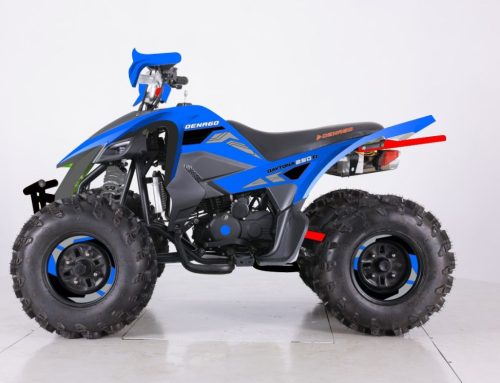For some reason, British slang doesn’t seem to fail as a source of confusion for non-native speakers. There are British phrases that range from sarcastic to funny and witty; British slang never seems to pass an opportunity for a punchline. If you’re visiting Britain, making British acquaintances, or trying to sound more British, learning the most common British phrases for use in British culture will enhance your communication skills and prevent any embarrassing moments of gaffes on your part. Some of the literals and their interpretations are followed to build proper understanding and usage of these phrases.
1. “Cheeky”
Cheeky is one of the all-time British slang guide; ever since its introduction to English, it is almost in every other language used by a British person.
– Making a somewhat impolite, rude, or disrespectful comment, but again not necessarily in an offensive manner, is bound to have its fun side; a more formal explanation would be that the word refers to being cheeky in a respectful manner.
– “This seems cheeky but could we grab a pint?” – Cheeky, however, in this context, is dependent on where British people would use it in almost every single phrase.
– A more fun example would be “She has a cheeky smile”, and this is where cheeky gets playful.
2. “Guv’nor”
– Guv is slang for when you are referring to another man but informally and more respectfully, similar to using it among friends.
– The two interpretations that come across here are that it is either used to show respect, or it’s simply in a commanding and rude tone; Guv’nor is more polite as it’s roughly translated to “Sir”.
Example: “Alright, guv’nor? How’s things?” – This phrase is used to greet someone, for example, “Hello, boss!” Another Example: “Okay, Cool” – This phrase is used to initiate a reply, for example, “Alright, mate”.
Other Uses: It can also be applied to a person in a commanding position, for instance in a cordial tone.
3. “Bollocks”
This is one of the most ubiquitous British phonetic linguistic samples that people use as it is very context-dependent.
Meaning: It is such a term that people would use to refer to strangers; for instance, a person could say ‘what a bother’ or ‘it’s rubbish’. It can also refer to something in a degrading fashion.
Example: “That’s a load of bollocks!” History has it that this was the phrase that translated a person’s command in this manner.
Other Uses: “I’ve had a right bollocks of a day” (I’ve had a rough and rubbish day).
4. “Knackered”
Popularly used in the UK, this word is used to express a high level of tiredness.
Meaning: The phrase “Knackered” is used to specify someone who is quite fatigued and requires rest. Such individuals usually need a normal amount of sleep after returning from work or a long tiring day.
Example: “I’m knackered after that run!” In another scenario, where a runner gets exhausted after completing a run, is where this term is quite handy.
Other Uses: It can also refer to an item that looks completely spoilt; for example: “That old car is knackered completely.”
5. “Rubbish”
Particularly a hint of sarcasm is implied; the American definition of “rubbish” differs. Therefore, in the British colloquial language, it resembles a different meaning.
Meaning: Rubbish has a broader and more complex meaning than just trash; it is also used in phrases where something is not true or worthless.
Example: A very English expression: ‘That was rubbish that he said regarding that movie’ – ‘That was a very bad comment he made.’
Other Uses: “Don’t be rubbish!” – Stop making horrible comments, to say it more directly.
6. ‘Blimey’
There are numerous well-known British sayings, one of which includes the word blimey. This is usually said when one is shocked or surprised.
Meaning: The meaning revolves around disbelief or being amazed by something, quite close to the words ‘my god’.
Example: ‘Blimey buddy, can Phillip pack a punch’ This would mean, ‘Wow, that was an awesome punch.’
Other Uses: Use sometimes in a more humorous shock, add in the word ‘never’ when saying never expected that, and so on.
7. ‘Mate’
British English includes the word mate quite a lot; however, it is a versatile word and differs in use cases.
Meaning: Other Definitions: ‘Mate’ is rather colloquially employed in ordinary speech in that it stands for a friend, a buddy, and a partner.
Example: “Hey mate, how’s everything been?” “Everything has been alright, mate”
Other Uses: “I’m going out with my mates,” referring to friends.
Conclusion
Slang gives language an edge and a sense of fun. Knowing and using these expressions not only gives you language command but also provides you with greater cultural exposure. Next time you find yourself in the UK, make sure to use these phrases and have fun with their language!






Leave A Comment